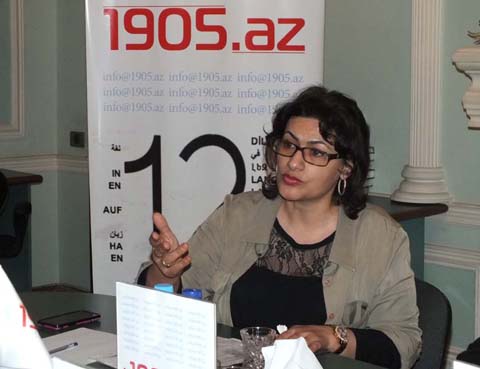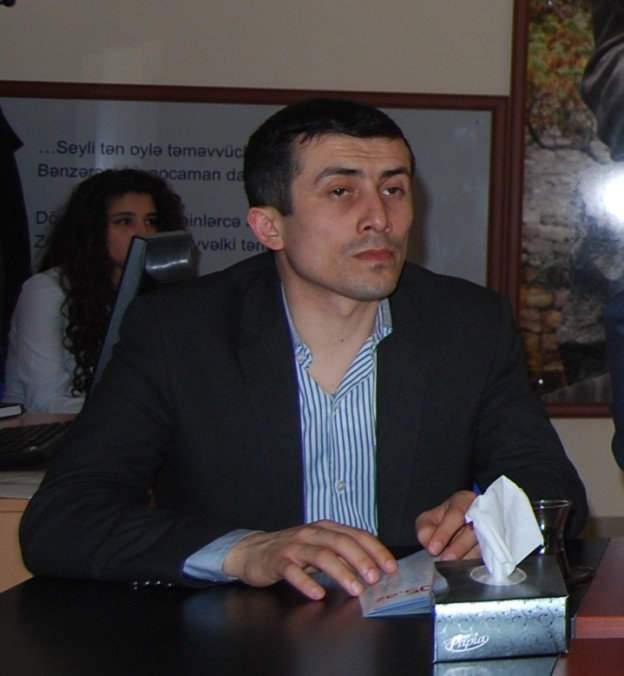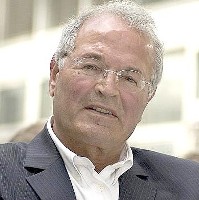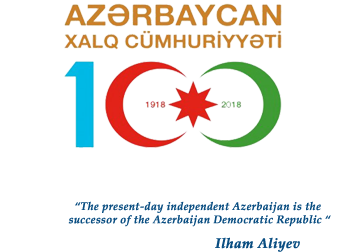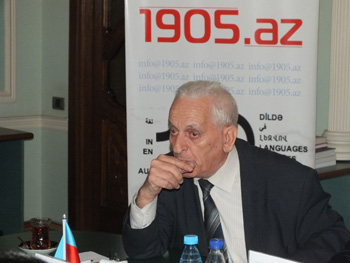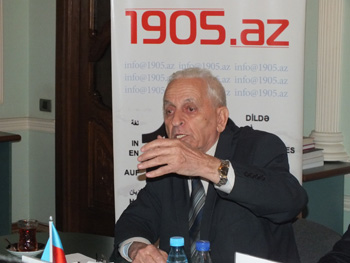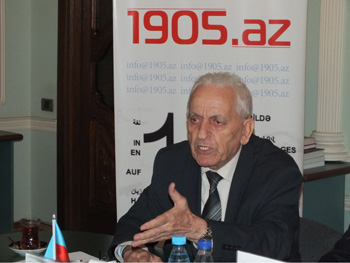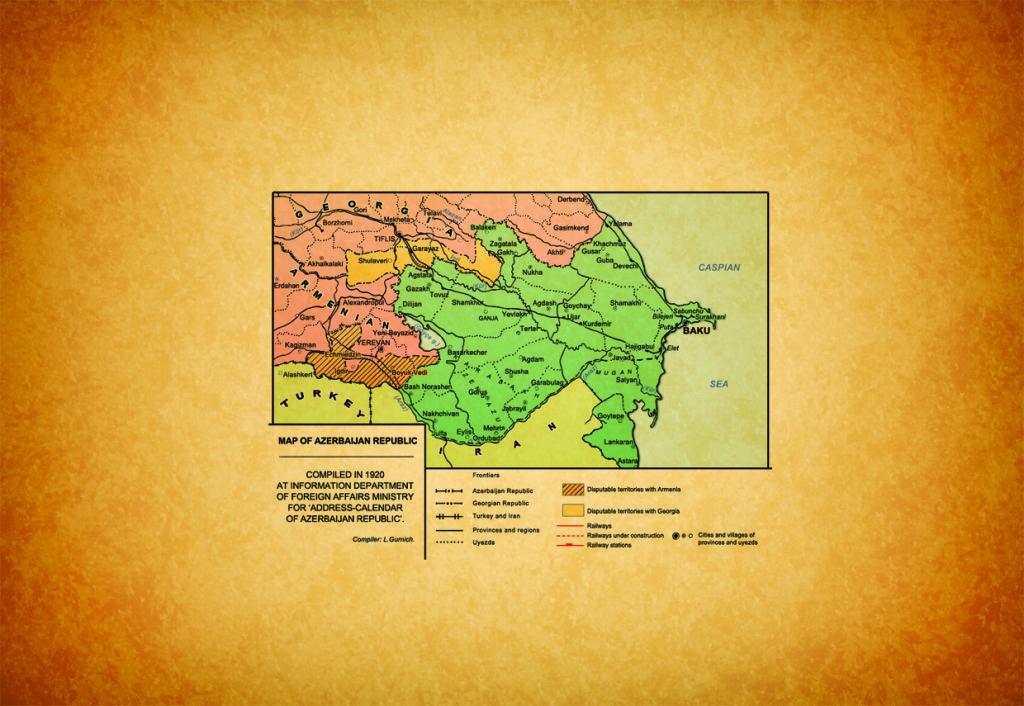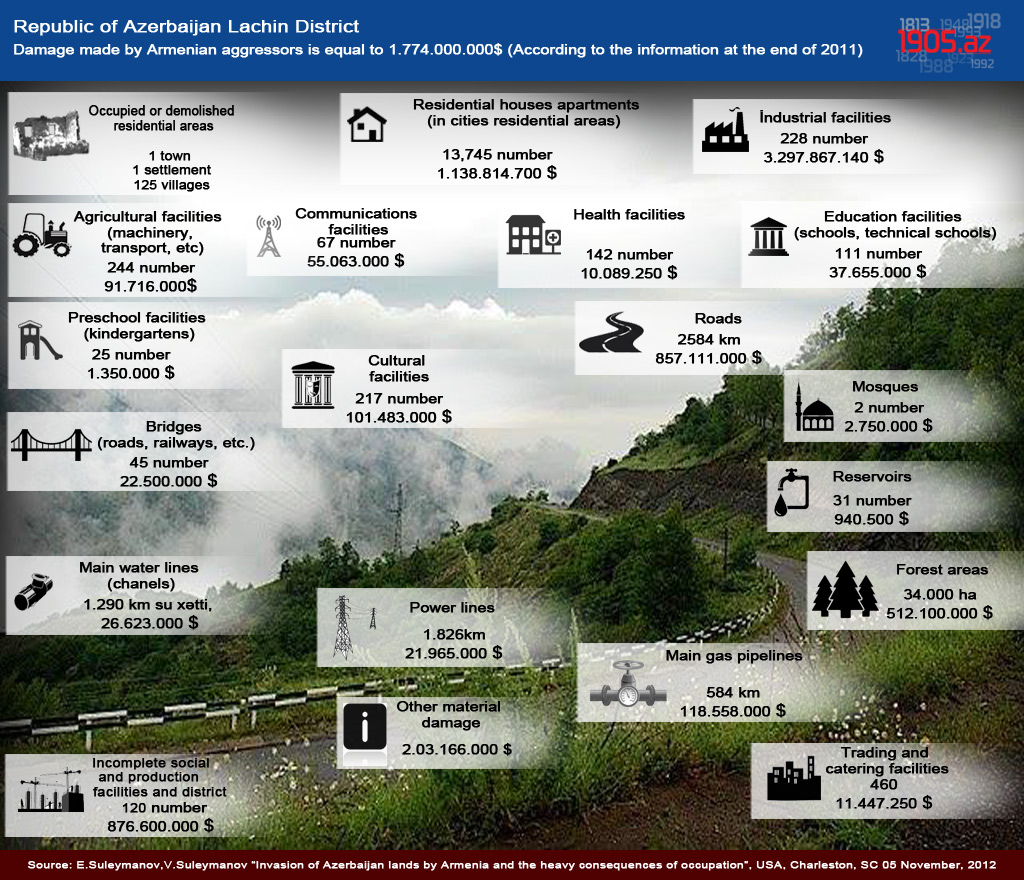By Raoul Lowery Contreras, contributor
American interests around the world are hard to define sometimes.
The choices: To retrench to American borders with Canada and Mexico and ignore the world, its problems and commerce, as suggested by one Republican candidate for president (Sen. Rand Paul of Kentucky); or, to involve ourselves in the world, as advocated by another potential Republican candidate for president (Sen. Marco Rubio of Florida).
Is it in America’s interest to protect international shipping through the faraway Straits of Malacca, Panama’s Panama Canal or to protect Persian Gulf oil as it transits the bordered-by-Iran Straits of Hormuz? Yes.
Is it in America’s interest to seek more friends where a rare friend — Israel — is attacked regularly by enemies seeking to obliterate it?
Besides Israel, Turkey is supposed to be a friend; Turkey is a NATO partner with whom we have fought side-by-side (in the Korean War), but whose loyalty faltered when the U.S. asked for transit privileges for U.S. Army troops when we invaded next-door Iraq in 2003. Turkey refused transit. Today, it sits idly by while Syrian Kurdish militia with American air support fight a fanatic Muslim army on its border. Turkey cannot be counted on by the U.S.
In the final analysis, Sunni Muslim nations tend to side with us on the question of relations with Shiite Iran while simultaneously siding and financing Palestinian groups who prefer to erase Israel from the map.
Recognizing the worldwide importance of the Middle East and its oil, we must be present there with arms, resources — and friends.
We must protect friendly oil-producing countries from their enemies — domestic and foreign — and protecting the movement of their oil to world markets is by default an American responsibility; to protect, we must be militarily and politically omnipresent.
We are the only country able to protect the world, or the world’s oil. The world runs on oil. We need friends, also, to help protect free world non-Russian and non-Iranian energy resources.
Are there any potential new friends we need to deal with in the 24/7 boiling cauldron of the Middle East? Pakistan and the former Soviet “Stan” countries shift like tectonic plates at their financial convenience. Turkey has surrendered its NATO loyalty to Islamist fundamentalism. Sunni Muslim nations prefer to write checks than to put soldiers on the ground against fellow Muslims. Iraqi Muslim soldiers, paid for and trained by the U.S. Army, throw down their weapons and disappear just like they did when the U.S. Army and U.S. Marines ran through them.
We need to depend on Israel and its friends for help. Israel has few friends — thus it surprises us that one is Muslim.
Azerbaijan is 70 percent Shiite Muslim. The South Caucasus country borders Russia on the north; Iran on the south; Armenia, Georgia and Turkey on the west. Its population is 9.5 million with another 25 million Azeris in Iran, its southern next-door neighbor. Unlike Armenia, Russia and Iran, Azerbaijan has a stellar record of treating its 20,000 to 30,000 Jews well since independence (1991) from two centuries of Russian domination.
Because it is a true friend and major oil and natural gas producer for Israel and the West, and has been for over a century, Azerbaijan is like an irritant pebble in an oyster of international miscreants — the Russians, Iranians and Armenians.
It supplies Israel with 50 percent of its oil needs and buys most of its weaponry from it. The United States won’t sell weapons to it because of its ongoing conflict with next-door Armenia, which seized almost 20 percent of Azeri territory in 1992.
Twenty-three years ago, Armenian soldiers supported by Russian troops attacked an army-less newly independent Azerbaijan and seized a large portion of the country. Armenia expelled almost 1 million Azeris from their homes in the conquered territory while committing a massacre of an entire Azeri community in the town of Kohjaly.
Eyewitness American and European journalists described the bloody scene of massacre littered with disfigured bodies of men, women and children in dispatches published at the time. One word is applicable in this case: genocide.
Azerbaijan wants to be friends with the United States like it is with Israel. Defying any logic, the Obama administration prefers not to deal with Israel’s friend.
In fact, despite Russian designs on Azeri oil and independence and current tremendous pressure to make Azerbaijan part of the Russian-led Eurasian Union, the Obama administration yields the field to Russia in the South Caucasus in the settlement of what the Russians call the Armenian-Azeri “frozen conflict” that has cost an estimated 30,000 lives and 1 million uprooted Azeri refugees.
The perception of Azerbaijan held by the Obama administration seems to be reflected in a New York Times article by David Herszenhorn about national elections in 2013: “A prominent delegation of election observers … sharply criticized Azerbaijan’s presidential election as unfair and rife with fraud, amid aggressive efforts by the Azerbaijan government and its allies to portray the vote as legitimate.”
Later in the same story we find: “[O]bservers from other delegations, including a group of former members of the United States House of Representatives, said the voting … was clean and efficient. … Former Representative Michael E. McMahon, a Democrat from Staten Island [N.Y.], called the vote ‘honest, fair and really efficient. There were much shorter lines than in America, and no hanging chads.'”
Take your pick.
We need another strong friend in the greater Middle East. Israel knows one. I know one too.
Contreras formerly wrote for the New American News Service of The New York Times Syndicate.
Thehill.com



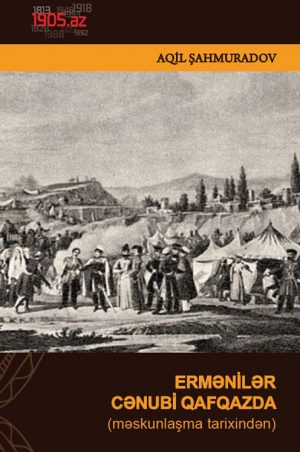





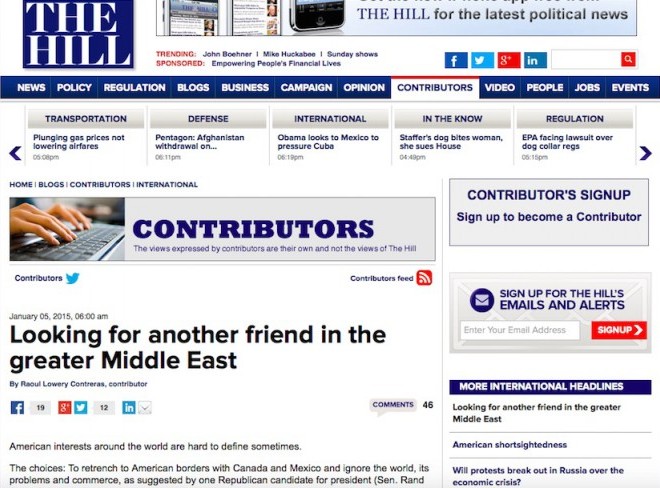
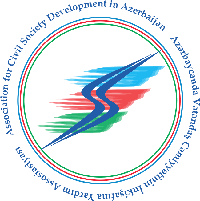
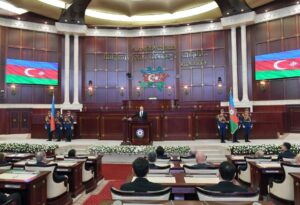 Inauguration ceremony of President of Azerbaijan Ilham Aliyev was held
Inauguration ceremony of President of Azerbaijan Ilham Aliyev was held Ilham Aliyev wins presidential election with 92.05 percent of votes VIDEO
Ilham Aliyev wins presidential election with 92.05 percent of votes VIDEO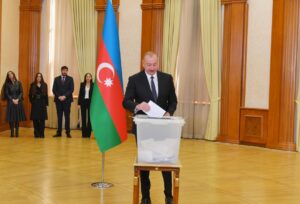 President Ilham Aliyev, First Lady Mehriban Aliyeva and family members voted in Khankendi VIDEO
President Ilham Aliyev, First Lady Mehriban Aliyeva and family members voted in Khankendi VIDEO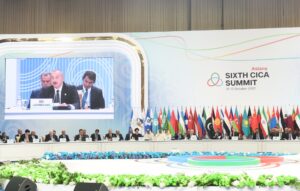 Plenary session of 6th Summit of Conference on Interaction and Confidence Building Measures in Asia gets underway in Astana. President Ilham Aliyev attends the plenary session VIDEO
Plenary session of 6th Summit of Conference on Interaction and Confidence Building Measures in Asia gets underway in Astana. President Ilham Aliyev attends the plenary session VIDEO President Ilham Aliyev was interviewed by Azerbaijani TV channels in Prague VIDEO
President Ilham Aliyev was interviewed by Azerbaijani TV channels in Prague VIDEO



